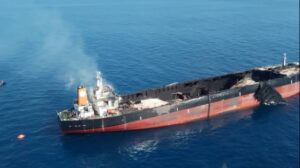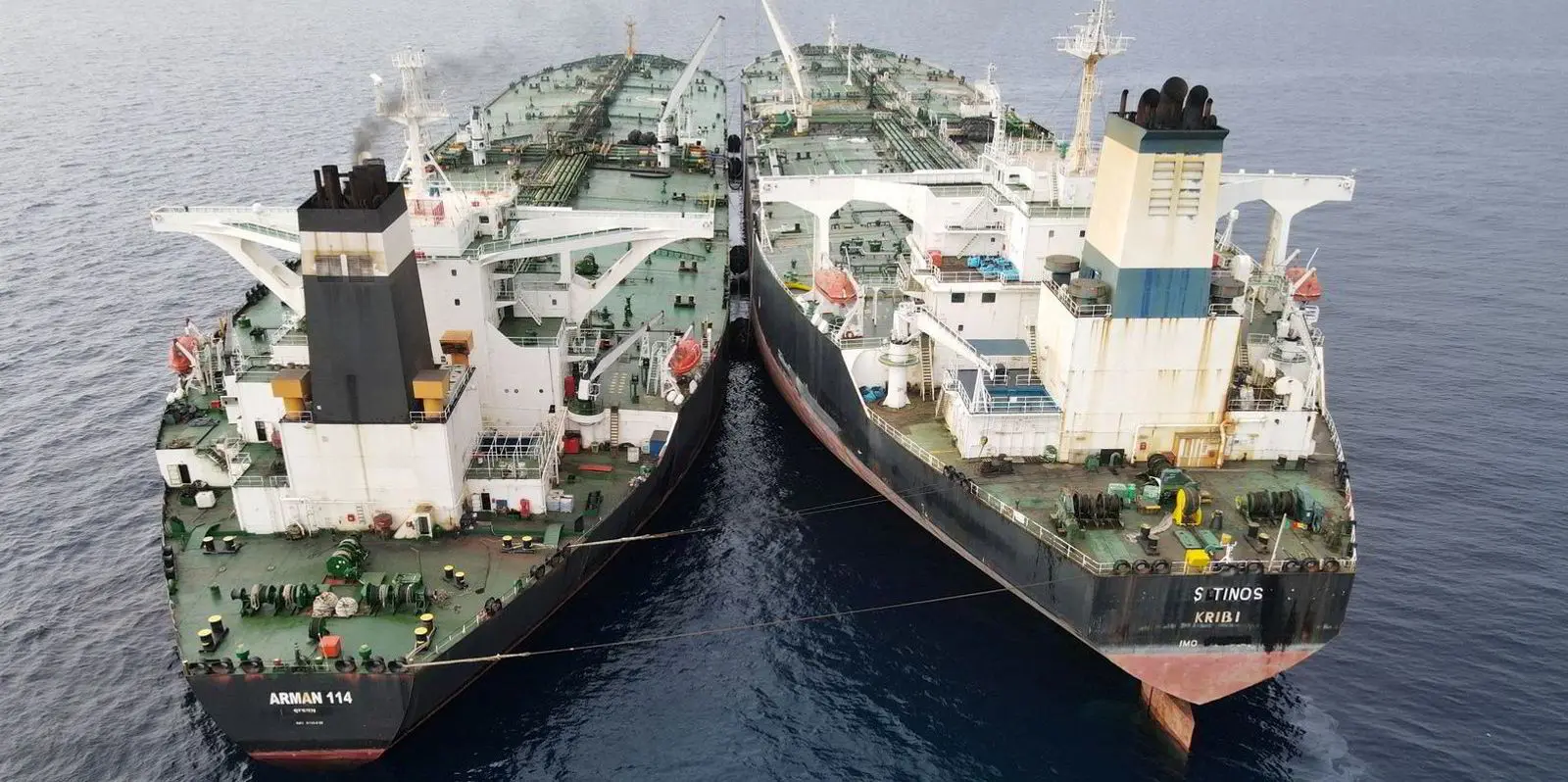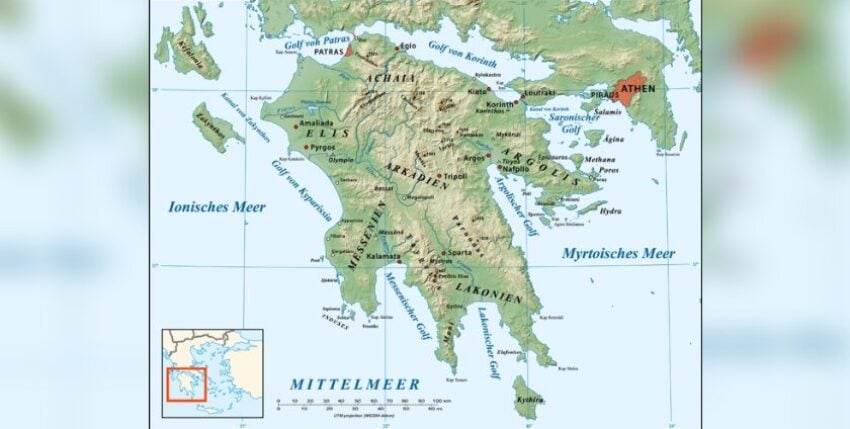Tankers that circumvent Western sanctions increasingly pose a risk to the Mediterranean region. Greece is now tightening protective measures for its coast and islands.
It is estimated that up to 850 oil tankers make up the so-called shadow fleet. These are predominantly old ships (over 15 years old) that transport oil from countries such as Iran, Venezuela and Russia and are difficult to track due to opaque ownership structures, a lack of or insufficient insurance, maintenance and classification (ship MOT).

These oil tankers have been involved in at least 50 incidents to date, including fires, engine failures, collisions and oil spills, according to the German insurer Allianz Commercial in its 2024 annual report. In March 2024, for example, the "Andromeda Star" (250 metres long, 115,000 tonnes), en route to a Russian Baltic Sea oil port, was involved in a collision near Skagen, Denmark.
On 11.07.2023 Marineforum.Online also reported on the shadow tanker Pablowhich caught fire off the coast of Malaysia and in which three crew members were killed. Governments or the insurers of other ships involved are often responsible for dealing with such incidents, including the repair of environmental damage.

The Greek government has now extended a ban on shipping traffic off the coast of the south-eastern Peloponnese, partly to prevent the transfer of oil from ship to ship off Greece's coast. Such transfers are not prohibited and are sometimes necessary, but this situation so close to our coast is no longer acceptable, according to the Greek shipping minister.
With the two EU sanctions packages of 2023, tankers carrying out ship-to-ship transfers and allegedly violating the Russian oil import ban or the G7 price cap (oil price cap) were banned from accessing EU ports and locks. However, the EU-wide announced fight against the shadow fleet is still a long time coming and was also not included in the 13th sanctions package of February 2024.
Update from 30.07.2024:
Greece once again extends the ban on all tanker traffic and dangerous ship-to-ship transfers (STS) of crude oil off the coast of Greece.ste of the ssouth-eastern Peloponnese, particularly in the Bay of Laconia. The ban was due to end at the end of July and was extended for a further two months.
This ban has been successfully enforced by the Greek navy, whose deployment has also been extended, as the Russian navy has so far been able to use the Russian oil and gas reserves.ltransports in KThe news agency Bloomberg reports that the risk of a collapse of the airport could be largely prevented.
Although transshipments of oil products are still taking place in authorised zones (near oil fields), the vast majority of crude oil tankers in the Russian shadow fleet have moved to other transshipment points.
Good for Greece, because others now have the problems, including Ägypt, Malta and West Africa, into whose waters transhipments are now being made.
kdk
Source: gCaptain







